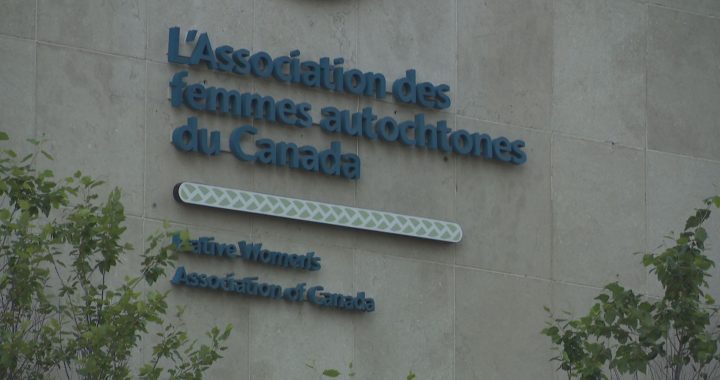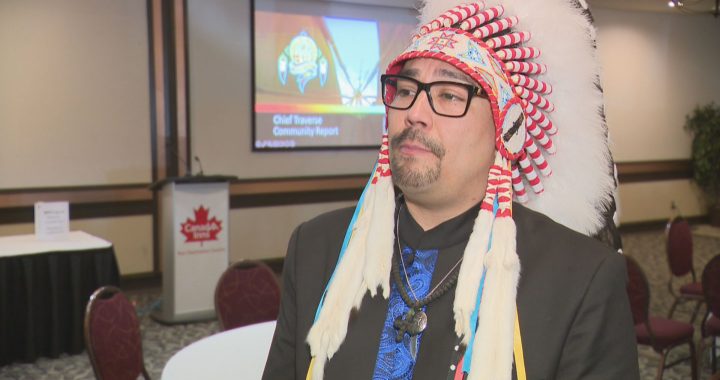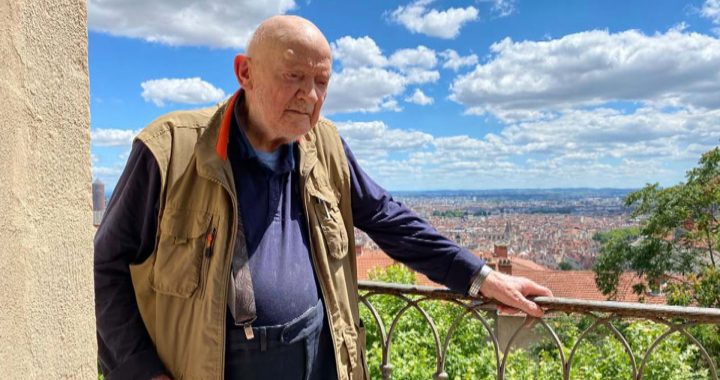Two new blockades appeared in Canada in support of the Wet’suwet’en hereditary chiefs currently fighting construction of a pipeline in British Columbia.
On Wednesday, a blockade south of Montreal stopped rail service going into one of Canada’s largest cities.
In Alberta, protesters calling themselves “Cuzzins” for Wet’suwet’en have set up a blockade of Canadian National (CN) rail tracks on the western outskirts of Edmonton.
The group posted photos on social media this morning showing the line blocked with wooden crates and placards reading “No Consent” and “No Pipelines on Stolen Land.”
CN says in a statement that CN police are responding and the company will be “taking the necessary legal actions.”
Alberta’s Justice Minister issued a response on Twitter, calling the blockade “an offence and will not be tolerated,” and adding that the province will not be “economic hostages to law-breaking extremists.”
Since early Wednesday morning, this group has been preventing CN’s trains from getting to their destinations.
Their spokesperson calls himself Poundmaker.
“Because time and time again, it seems like every time the government has these talks, even with a nation to nation conversation, as Justin Trudeau calls it… there’s eventually a military raid either on that blockade or maybe even the Wet’suwet’en territory again,” said Poundmaker.
“Who knows. But we are ready here to dig in if that happens.”
Lawyers representing CN quickly obtained an injunction to end the blockade, which was then dismantled.
Meanwhile, a different blockade unfolded in Saint-Lambert, Que., which is just across the river south of Montreal.
The group called itself Montreal Wet’suwet’en Solidarity and said they too acted in solidarity with Wet’suwet’en hereditary chiefs.
This is the same group that has claimed responsibility for other acts of civil disobedience that have occurred in Montreal, including the blocking of busy downtown highway exit during rush hour a few weeks back.
“I think blockades work because it’s been almost ten years since the Wet’suwet’en have built Unist’ot’en and camps to impede the pipeline and now just this month the Mohawks have started blocking, and that we started talking about this situation everywhere, it’s obviously a good means [for protesting],” said Ollie, one of the protesters. He refused to give his last name.
Longeuil police confirmed officers were on the scene and estimated between 50 and 80 people were present, though the number fluctuated throughout the day. They said the protest was under CN police jurisdiction, however.
In an email sent to media, the group said they were blocking tracks that connect Montreal to eastern Canada and the United States.
“We will continue to block the tracks until the RCMP leaves Wet’suwet’en territory,” the email said.









